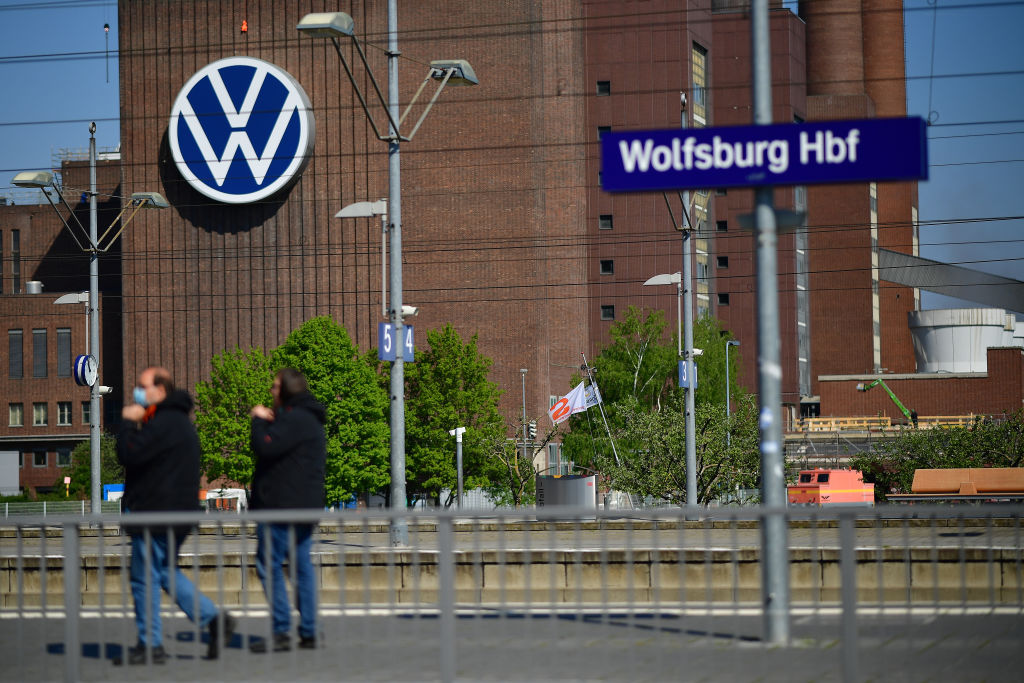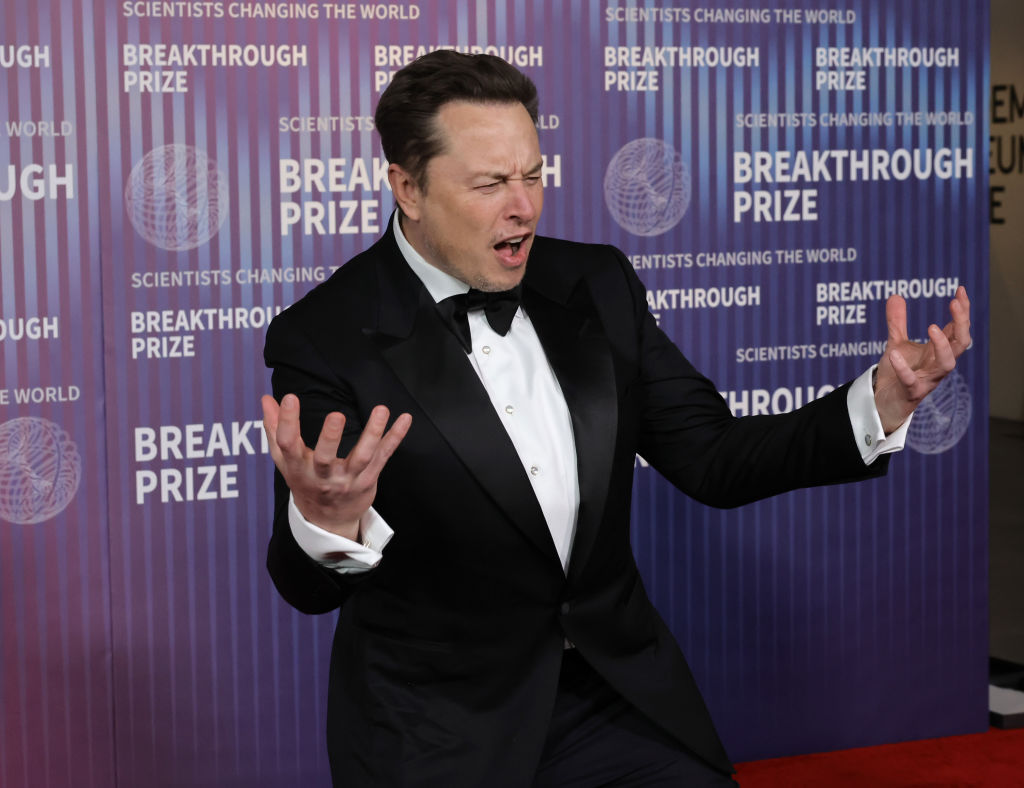Some bad news for the European Union’s Green New Deal: sales of electric vehicles have declined 18 per cent across the Union, led by a 33 per cent retreat in France and a precipitous 70 per cent drop in Germany. The many reasons for the declining uptake of EVs are not hard to find. For most consumers, a car is one of the largest purchases they will make, and the dramatic drop in the resale value of EVs makes them an unappealing value proposition.
The European charging network is not anywhere close to the dense buildout needed to convince consumers they will not be stranded on their way to a holiday in Spain. The high proportion of Europeans and especially Germans living in apartment buildings limits the number who can access high-speed chargers for overnight charging at home. Landlords are leery of the installation cost and the safety issues associated with battery fires.
In America, most bought an EV as a second or even third car, keeping their petrol-powered cars for long trips and big loads. Meaning EVs found a ready market among the well-off bourgeoisie living in suburban houses who have room (both physical and budgetary) for fast chargers. Even the fat subsidies offered by Biden’s Inflation Reduction Act did not make EVs popular among Americans who can afford only a single car and don’t fancy a long wait at a charging station before they must clock in at work. Car-dependent hourly employees are not eager to risk their jobs on EVs.
If billions in cash incentives have not transformed average Americans into EV buyers, how will the EU meet its legally mandated phase-out of petrol and diesel powered cars by 2035? Not to worry, the commission is not relying on EU-wide incentives to persuade consumers. It will instead hammer European carmakers with stiff fines should they dare produce vehicles with emissions exceeding 93.6 kg of CO2 per kilometre, a level that only EVs can easily meet. (Toyota’s industry-leading Prius hybrid emits 10-15 per cent more, for example.)
Unless carmakers are willing to eat the fines, they will pass the penalties along to car buyers in the form of higher prices. Higher costs for consumers leads to lower sales, and lower sales will lead to a slower transition to EVs. Should European buyers still prefer reliable petrol-powered cars, perhaps because they live far from a charging station, they will find fewer available as production shrinks to reduce EU fines incurred by their makers.
One way to speed the transition to EVs would be to allow the import of cheap Chinese models, but the EU has now foreclosed that option with high tariffs intended to make Europe’s costly domestic EVs price competitive. The absence of inexpensive EVs will dissuade all but well off European motorists from taking part in the green transition.
Europe’s carmakers are already aware of the threat the EU’s green mandates pose to them. The leaders of both Fiat and Volkswagen have called for the EU to relax or even suspend the 2035 phase-out. Both companies are carrying expensive overcapacity, and lack the financial resources to catch up with EV industry leaders. Neither is eager to sacrifice their traditional core competence in internal combustion engines for EVs whose value-added proposition lies in their software and connectivity rather than horsepower and handling. Volkswagen has blown several billion euros in a failed attempt to create a competitive in-house software shop, and cannot hope to maintain its already underemployed workforce making EVs European consumers are reluctant to buy. Imposing multi-billion euro fines for the crime of making cars average Europeans want and can afford could well wreck a weakened industry.
One may well ask how punishing car makers for the rational preferences of European consumers will advance the goal of a 2035 phase-out? A basic principle of good public policy is that incentives or penalties should be directed at those whose behaviour and preferences you wish to change, in this case, EU consumers. Fining Volkswagen for making cars these consumers prefer will raise car prices, stifle demand, and beggar the company’s finances.
Needless to say this will not advance the economic prosperity that is the prerequisite for successful environmental policy everywhere. Bear in mind that Europe’s automotive industry constituted the economic basis of the post-war social welfare state. Despite airy hopes for still elusive green industries, there is no ready replacement for the auto industry in terms of employment or tax revenues. Is the EU prepared for the economic and political repercussions should Europe’s car makers decline or even buckle under the regulatory demands of the Green New Deal?
The policy logic embraced by the commission appears to be that the threat of swingeing fines will force carmakers to make EVs, and consumers will be forced to buy them if they want a new car at all. One can imagine Europe becoming the new Havana, where old petrol-powered cars are endlessly repaired and rebuilt because only the privileged can afford a new model.
To avoid this fate, it would perhaps be good for the devisers of bold commission proposals to get out a bit more before their ideas become EU law, to “touch grass” as young people say. In this particular case, serving a short stint out there in the provinces, wearing a loud tie on a car lot while trying to flog an unpopular model to tight fisted consumers might prove enlightening.
The good people of Lille or Essen would make it clear that a dense and reliable charging network is needed before EVs become more than toys for the affluent. An inexpensive charging network depends in turn on cheap baseload electricity, ideally produced by zero carbon nuclear plants. Let affluent early adopters pay a premium for EVs while the EU finances the buildout of the necessary infrastructure, and you may create the conditions for a popular uptake of EVs as the price of this new technology inevitably declines. As it stands, the Commission has put the cart before the horse, and appears determined to beat the poor beast for failing to pull EU consumers into the green future.





Draghi’s plan says ‘Europe First’ and load it with debt: who thinks it will work?